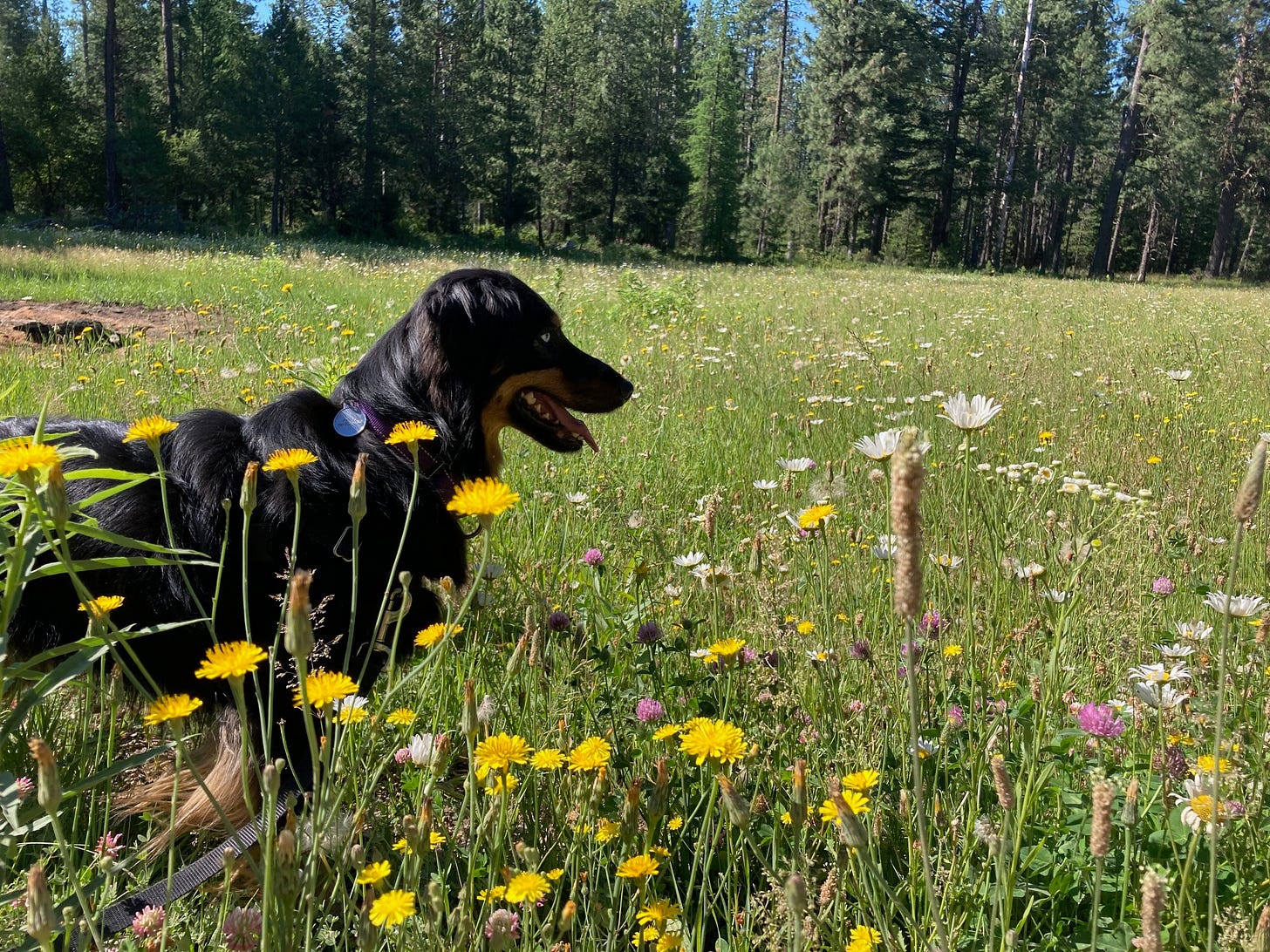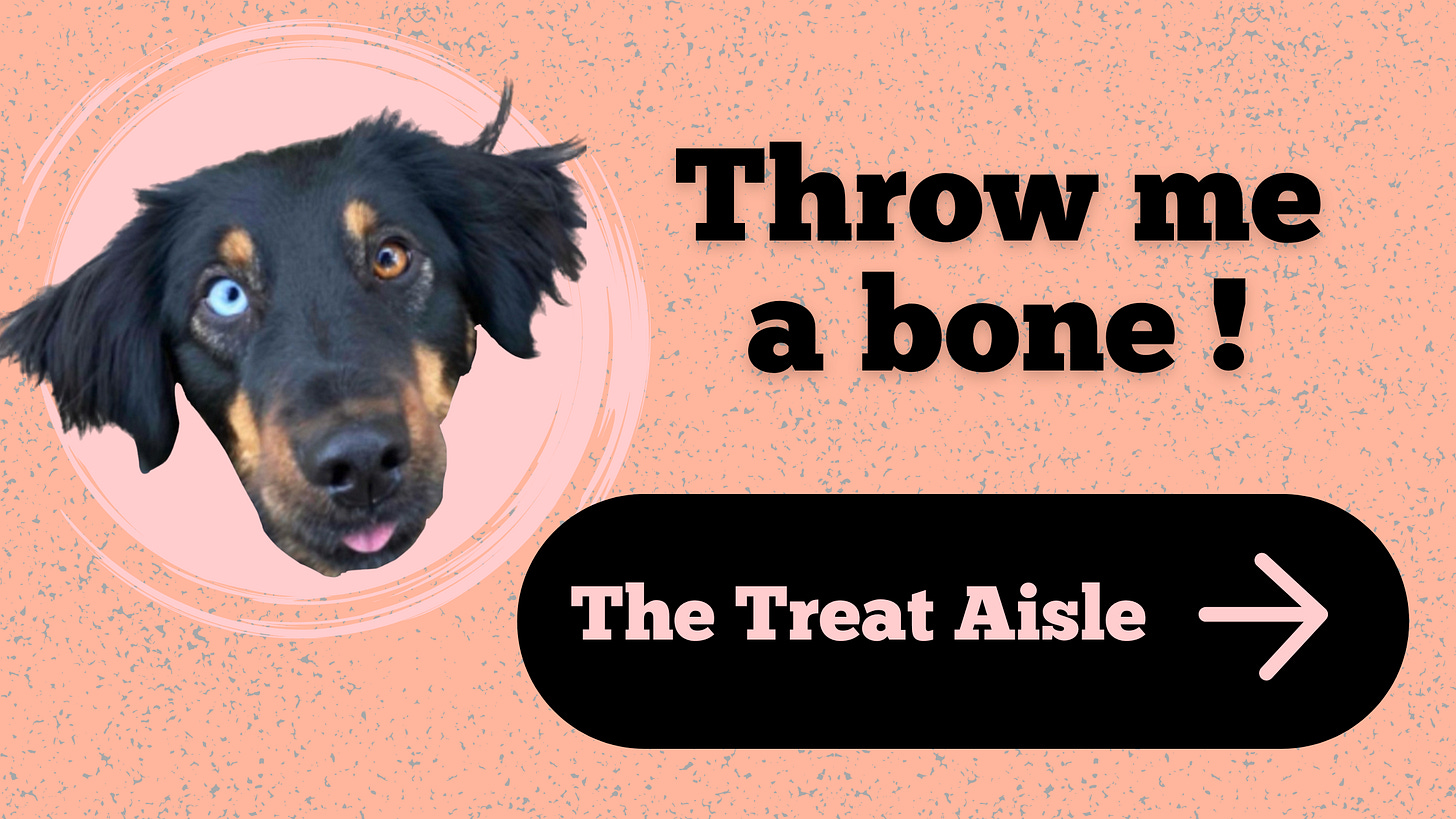Have you heard about the zombie ants?
There’s this parasitic worm called the tiny river fluke that infects an ant’s brain, causing it to climb the tallest blade of grass it can find and wait until cattle or deer come along and chomp it up along with the grass they’re grazing. The fluke and all its pals (who have been hiding in the ant’s stomach) then get to move to the next stage of their life cycle, while the ant prematurely wraps up his. Not cool, river fluke.
The thing about behavior-changing parasites, whether it’s rabies, cordyceps, or river flukes, is that they make the host do things that are in the best interest of the parasite, at the expense of the host.

You know what else is a parasite?
Depression.
If you’ve ever suffered from depression or known someone who does, you know what this looks like.
Depression takes control the voice in your head. It mimics you, telling you things that cause you harm, but you believe it because as far as you know, it’s you saying those things to yourself.
“Don’t exercise; it won’t help,” it says, even though all the evidence proves that it does.
When your friend checks on you, that voice in your head says, “Don’t answer. It won’t help. They probably don’t even care about you,” even though social connection can protect against depression.

Eating is hard, hydration is hard, hygiene is hard, everything is hard in depression. And there’s that voice—that sounds like your voice—telling you that you don’t want to or can’t do those things that your doctor or therapist or best friend said would help. “They don’t understand,” that voice that sounds like your voice says. “They don’t know what it’s like.”
The goal of the depression parasite, just like the river fluke or rabies, is to perpetuate its life cycle by sacrificing the host—you. Its goal is to get stronger; that means making you weaker. It’s feeding off you, using your own voice, and so you don’t even realize the parasite is calling the shots. Even when you’ve scaled the tallest blade of grass, and the herd of deer is coming, you think it was your idea to climb up there in the first place.
So what do you do?
Starve that motherfucker.
Name It
It’s hard to fight when you’re so exhausted, I know. It’s hard to summon anger when the parasite has already depleted so much of your strength. That’s why I say start with naming it. Call it what it is. Learn to distinguish between your own thoughts and the parasite’s hijacked words.
Name it for what it is. When it’s giving you thoughts like, “There’s no point in taking my meds, they’re not going to help,” call it out. Say—out loud—“That’s the depression parasite, not me.”
Challenge It
When it says, “Therapy probably won’t even work,” tell it, “You’re a dirty liar.”
When it says, “No one loves you. You’re completely alone,” say to it, “I will not sacrifice myself to feed you.”
Look for evidence that proves it wrong. Listen to the people around you. Seek help. Arm yourself with knowledge to throw at it when it feeds you lies.
Starve It
Once you get good at this, then it’s time to act. When the parasite says, “Don’t get out of bed. It’s worse out there,” you say, “You’re just trying to keep me weak so you can get stronger. I see what you’re doing.”
Then put your feet on the floor. Depending on how you’re doing, maybe that’s all the resistance you have in yourself, and that’s okay.
Next time, go stand in a beam of sunlight for a minute. Just a minute.
Take your pup on a five-minute walk. Text your friend back. Make a doctor’s appointment. A little at a time, rebel against the parasite. Take your voice back. And as you get stronger, the parasite will starve.

Get Help
Parasites are often not something we can beat on our own. We give our pups rabies vaccines and flea and tick preventative for this reason. We need vaccines and medications, and people around us to take care of us. We need time to recover. Pants would have died from heartworm without medication, rest, and support from her vet and her moms.
Who is your team? It could be family, friends, the barista you see every day at the coffee shop, the customer you look forward to seeing each Wednesday, the cat at your local bookstore, your pup who smiles at you every morning. It could be the hummingbirds who come to your feeder, your doctor, psychiatrist, or therapist, your twelve-step community and sponsor, the lady across the street who waves at you when she’s out gardening. Maybe it’s the bees that visit the lavender in your backyard, your daily journal, or the medication you take every day. They don’t have to know they’re on your team, or even know what a team is. What matters is that connection with them gives you a little energy to keep going. These are the people and creatures around you that help you fight the parasite.
Whatever you do, don’t believe the thought that you should be able to kick this alone—that’s another lie from the parasite, trying to isolate you, to make you feel guilty and ashamed for not being able to overcome depression by yourself. It’s a sneaky trick and you can’t trust it. We all need help.
This is an imperfect metaphor. Overcoming depression is not so simple as summoning anger against an externalized foe. I know this, and if you’ve ever suffered from depression, I’m sure you know this, too. But I hope this metaphor, this image of depression as a hateful little worm that you’re going to starve to death, will aid you in your fight.






This is one of the best essays I've seen on depression. It hits the motherfucker where it hurts -- by calling it out and giving people some language to use when it strikes its ugly head -- but also the practical advice of seeing a therapist. Thank you!
I love this idea of Dog's Guide to Feeling Better! As a dog dad, I'm looking forward to reading more.